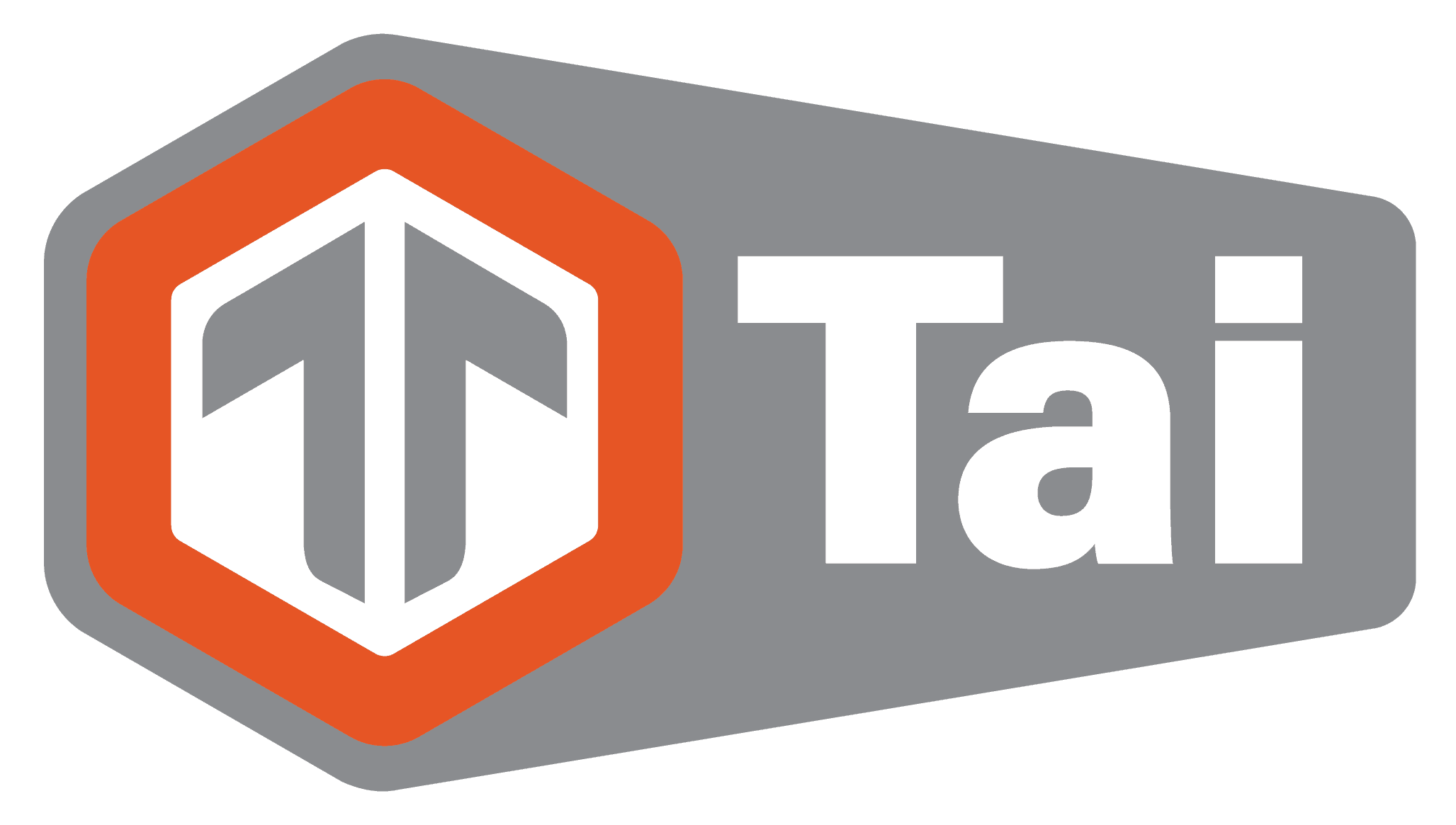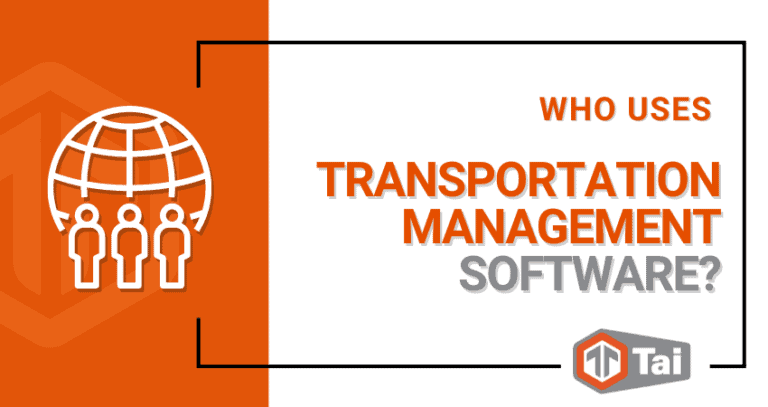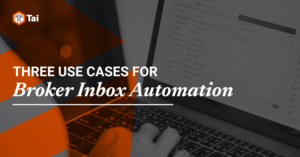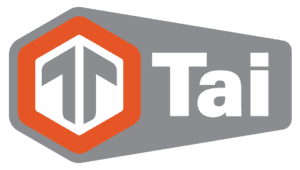There are numerous benefits that a transport management system (TMS) can provide to its users. The system will often go beyond simply reducing the cost of shipping freight. A TMS can help companies move their freight more efficiently, reliably, and cost-effectively. Perhaps no other logistics and supply chain application offers more cost-saving benefits or drives more value.
To put it simply, transportation management software is a subset of supply chain management and is used by companies to digitally manage their freight operations. The TMS connects a company’s Enterprise Resource Planning (ERP) with its Warehouse Management System (WMS). The TMS smooths out the process by eliminating the need to repeatedly contact both internal and external partners. Thus, the TMS application increases supply chain efficiency by streamlining the process from the customer order to the final delivery. .At its core, a Transport Management System platform has rating, booking, and tracking functionalities. More advanced systems can include dashboards, advanced analytics, freight pay, audit, and other modular features. Depending on the provider, a TMS may be packaged with set functions or its functions can be personalized to the consumer’s demands.
Who Uses Transportation Management Software?
TMS software is typically used by businesses that need to move, ship, or receive goods regularly. From construction to I.T. to life sciences, varying industries can benefit from Transport Management Software.
The most common TMS users include:
- Manufacturers
- Distributors
- eCommerce businesses
- Retailers
- Logistics service providers
Logistic service providers can be segmented further into the following categories:
Domestic Transport and Couriers – These businesses deal mainly with local or domestic goods. They are generally looking for smaller and simpler systems. These companies may not need international shipping or warehousing functionalities.
Specialist Logistics Provider – These businesses focus on a particular section of the supply chain management industry. For example, a trucking company may be looking for a detailed transportation function, a warehouse manager may be looking for an inventory and warehouse management system, and a distribution center may be looking for dispatch and delivery functionalities.
Freight Forwarders – These businesses manage the warehousing and delivery of freight and may need a more comprehensive TMS package in order to satisfy their business needs.
Third-Party Logistics Provider (3PL) – These businesses generally have larger customer bases that spread across multiple locations. These companies may need more comprehensive TMS packages that include customer relationship management systems, accounting, and inventory control management.
Private Fleet Managers – These businesses are usually a sector of a larger enterprise where supply chain management is an independent component of the business. These businesses may need a TMS that can be easily integrated into their main system.
TMS Software for Freight Forwarders
Freight forwarding logistics software helps freight companies manage their inbound shipments, storage, and deliveries. It can also create the documents needed to move shipments such as bills of lading and air waybills. Freight forwarding TMS is versatile and can be used on land, air, and railway shipments. Some TMS providers that are dedicated to freight forwarders can give real-time access to data throughout the entire shipment process. The TMS can provide information at every stage from order entry to final delivery. The software can provide a more streamlined process for the documentation along the stages as well. The TMS can have access to all logistics unifying the processes of procurement, inventory management, vendor communications, shipping, and government regulations.
Transport Management Software for Trucking Companies
A transport management software built specifically for trucking companies can help automate route optimization and scheduling for drivers. It can monitor trucks, drivers, orders, and trailers from a centralized platform. These solutions are made to reduce the overall cost and improve productivity when managing a fleet.
Different dispatching tools are embedded into a trucking company’s TMS to ensure that orders and deliveries are fulfilled on time. Dispatchers can monitor truck locations through GPS to show the route progress of the drivers This feature helps provide a more comprehensive view of whether the business is operating on schedule or not.
Both scheduling and dispatching tend to work together. When drivers are completing orders, shipments can be automatically scheduled into an available slot. Some fleet management companies may also rely on trucking logistics software; however, these companies may focus more on local than long-distance transportation in order to optimize efficiency.
Third-Party Logistics (3PL) TMS Software
Third-party logistics providers offer distribution, warehouses, and fulfillment services. Many 3PLs need to have their own transport management systems to manage their clients and the broad range of services they provide.
These solutions allow 3PLs to complete their orders, manage warehouses, coordinate shipping, track inventory, and provide billing services. Some third-party logistics software can also provide labor management, efficient workflows, accurate billing, document management, and reliable shipping.
TMS Software for Freight Brokers
Freight broker software is a type of TMS that is made to streamline freight brokerage operations. It does so by entering loads and sourcing, qualifying carriers, dispatching trucks, tracking fuel tax, billing payroll, monitoring driver logs, optimizing routes, invoicing customers, and paying customers. As its name would suggest, this type of solution covers all the needs of a freight brokerage organization. Also known as freight management software, a freight broker TMS can be customized to handle the real-time needs of a freight broker. That said, there are several ways that freight brokers can benefit and be classified. These include the following:
Small Freight Brokers
If they can arrange the transportation and track loads hauled by freight carriers, freight brokers can efficiently run their own business. These carriers can be as simple as delivering parcels in the mail or large-scale transportation across sea or air. Freight brokers that are starting out may want a simple solution that lets them match loads with trucks. Once their business expands, small freight brokers will start dealing with more contracts, bills of lading, and accounting work. At the same time, they will also have to review more carrier qualifications and ensure the best relationships moving forward. While this may sound overwhelming for many, a freight broker TMS will help them find shippers, carriers, set prices, and move freight more quickly and effectively than ever before.
Mid-Sized Freight Brokers
Mid-sized freight brokerage companies, on the other hand, will have a larger number of employees working together. This group of freight brokers will be better equipped to avoid problems and will benefit from both shippers and carriers. Their logistical needs will also increase as the business grows.
LTL Freight Brokers
When it comes to less-than-truckload (LTL) freight brokers, a TMS should be all about scale. In today’s highly competitive business environment, contacting individual carriers will be limiting. A self-service client portal that organizes all rates into one convenient platform will aid staff members with automated dispatching and tracking capabilities.
Direct API and EDI carrier integration will provide freight brokers with actionable insights and enhanced control over the entire shipment lifecycle. Automated dispatching and tracking moves shipments from quote to delivery without actually needing any manual intervention. Carrier updates feed directly into the TMS activity log, providing instant access to customer updates. The automation that a freight broker software provides will speed up scalability, allowing the broker to take on more shipments without increasing their labor costs.
Robust system’s API tariffs also give brokers and their clients instant access to LTL rates. By displaying all rates in one location and providing instant quotes to clients, the TMS can easily provide access to the broker’s overall workload. Additionally, direct API/EDI integrations to LTL carriers will instantly update shipment activity and give customers the ability to track their shipments as well.
FTL Freight Brokers
When it comes to FTL freight brokers, the TMS should be a centralized platform for managing the entire FTL workflow. FLT brokers can create loads and source coverage from their own network. They can also sort that network based on carrier preferences. Similar to the TMS functions of LTL freight brokers, some FTL systems also provide enhanced visibility into every shipment, increasing customer service and minimizing any risk of theft.The system can quickly onboard new carriers and track their compliance details to widen the network and instantly find load coverage. The TMS needs to integrate easily with all other standard industry software to centralize all the data and eliminate inefficiencies in the workflow. As a transportation management system designed for freight brokers, Tai Software’s TMS provides all of the functions and benefits mentioned above. Tai Software allows companies to increase their efficiency within the transportation and freight industry. It provides a solution that addresses every aspect of the shipment lifecycle, making it a great TMS platform not only for freight brokers but also for 3PLs, freight forwarders, and large shippers alike. Request a free demo today!










